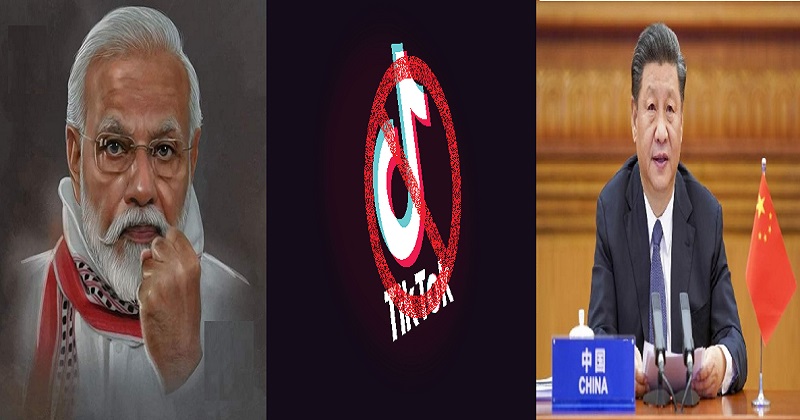
China over the past decade built an alternate online reality where Google and Facebook barely exist. Now its own largest tech corporations from Alibaba Group Holding to Tencent Holdings are getting a taste of what a shutout feels like.
The unprecedented decision to ban 59 of China’s largest apps is a warning to the country’s tech giants, who for years thrived behind a government-imposed Great Firewall that kept out many of America’s best-known internet names. If India finds a way to carry out that threat, it may present a model for other countries from Europe to Southeast Asia that seek to curtail the pervasiveness of apps like ByteDance’s TikTok while safeguarding their citizens’ enormously valuable data.
The surprise moratorium hit Chinese internet companies just as they were beginning to make headway in the world’s fastest-growing mobile arena, en route to going global and challenging American tech industry supremacy. TikTok had signed up 200 million users there, Xiaomi is the No. 1 smartphone brand, and Alibaba and Tencent have aggressively pushed their services.
But India’s policy jeopardises all those successes, and could have wider geopolitical consequences as the US seeks to rally countries to stop using Huawei Technologies for 5G networks. With China’s tech companies poised to become some of the most dominant in emerging industries like artificial intelligence, India’s actions may spur countries around the world to weigh the extent to which they let China gain user data — and potentially economic leverage in future disputes.
Chinese internet firms have struggled to replicate their online services beyond their home turf, even before Washington lawmakers began raising concerns about the wisdom of allowing the Asian country’s corporations — like ByteDance — to hoover up valuable personal data. India amplified those concerns by accusing apps including TikTok, Tencent’s WeChat, Alibaba’s UC Web and Baidu’s map and translation services of threatening its sovereignty and security.
India’s prohibition provides further evidence that nations are using tech for to assert themselves geopolitically, following the Trump administration’s worldwide campaign to contain China and national champions like Huawei. That depends in part on how much Prime Minister Narendra Modi’s actions are motivated by domestic interests following the worst military clash between India and China in almost half a century.
“Beijing should certainly worry that the impact of the deadly clash could push India toward the US,” said Zhang Baohui, director of the Centre for Asian Pacific Studies at Lingnan University. “But these recent economic measures by India may not by themselves concern Beijing too much as it understands that Modi’s government, facing rising domestic nationalism, has to do something to soothe the public sentiments and retain legitimacy.”
It remains unclear how India will enforce its decision, given TikTok — for one — has already been downloaded by roughly one in six people. But it follows a series of steps to curb China’s presence in the country, demonstrating the administration’s hardened resolve since long-simmering tensions boiled over after a deadly border clash that killed 20 Indian soldiers.

Post Your Comments